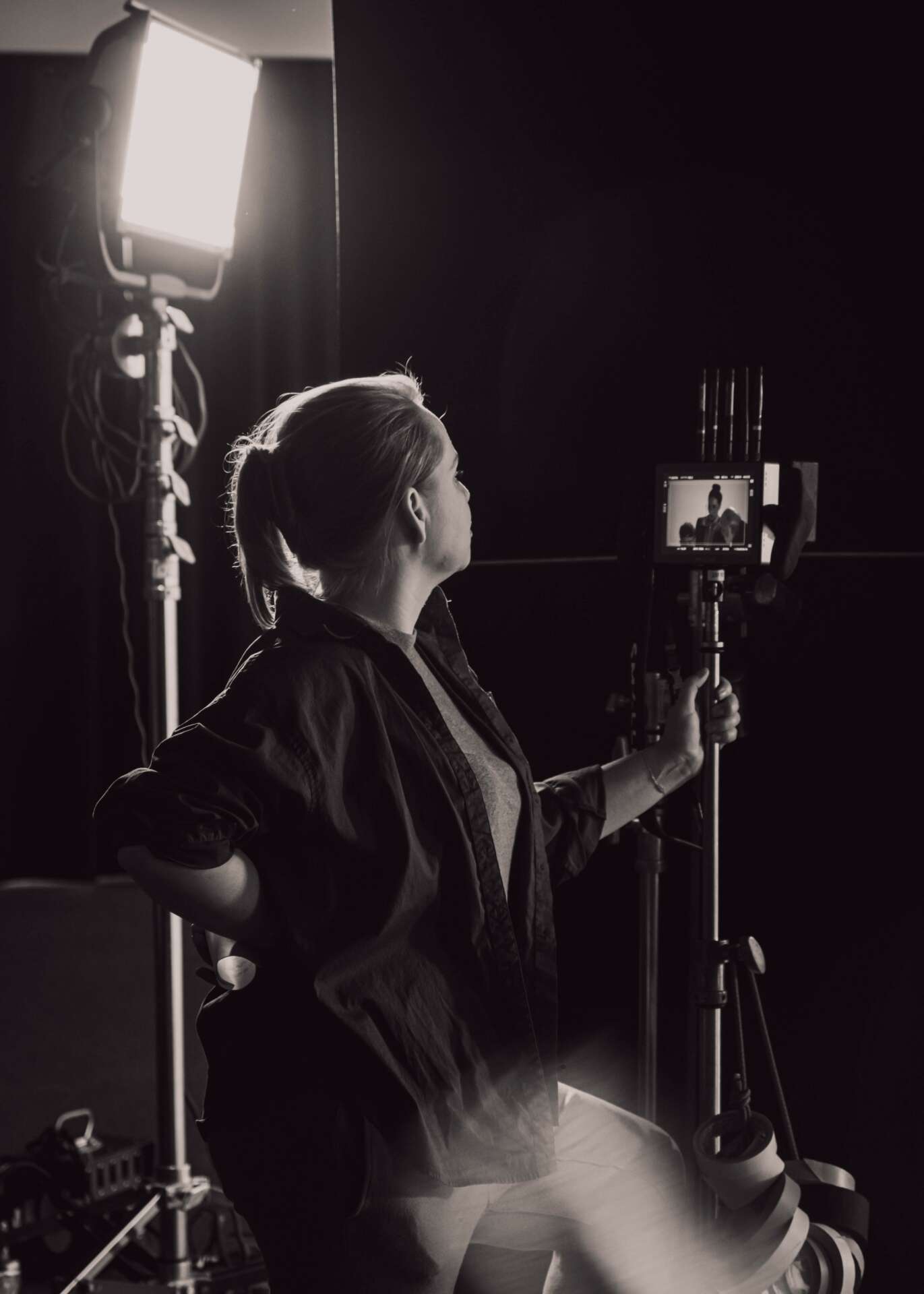We were lucky to catch up with Elena Viklova recently and have shared our conversation below.
Hi Elena, thanks for joining us today. Do you wish you had started sooner?
In comparison to my peers, I started my creative career pretty late. I am also not one of those who dreamed of becoming an artist since their first visit to a movie theatre or an art gallery. Although Art was an essential part of my life, one of the crucial ways of exploring myself and the world around me, it didn’t cross my mind to consider it as a career when I was a kid. When you are raised in the post-Soviet Russia of the 90s, you are not really encouraged to discover your inner call but rather to find a profession that will bring food to your table. And back then, those professions were a lawyer or a financier. So I followed one of those predetermined paths, majored in Economics and Politics, and devoted 12 years of my adult life to Strategic Management and Finance. Do I regret it? Absolutely not! Apart from that coveted financial stability and independence, it also brought many priceless experiences and people into my life. So when I started a filmmaking career in my mid 30s, I already had a wealth of material and a good self-awareness to draw upon. Of course, I was questioned by people around me if it was too late to take a 180-degree turn or too soon to make such a pivotal decision without testing the waters first. All I can say: I felt it was the right time for me to take that adventure, and I had no time to explain why!
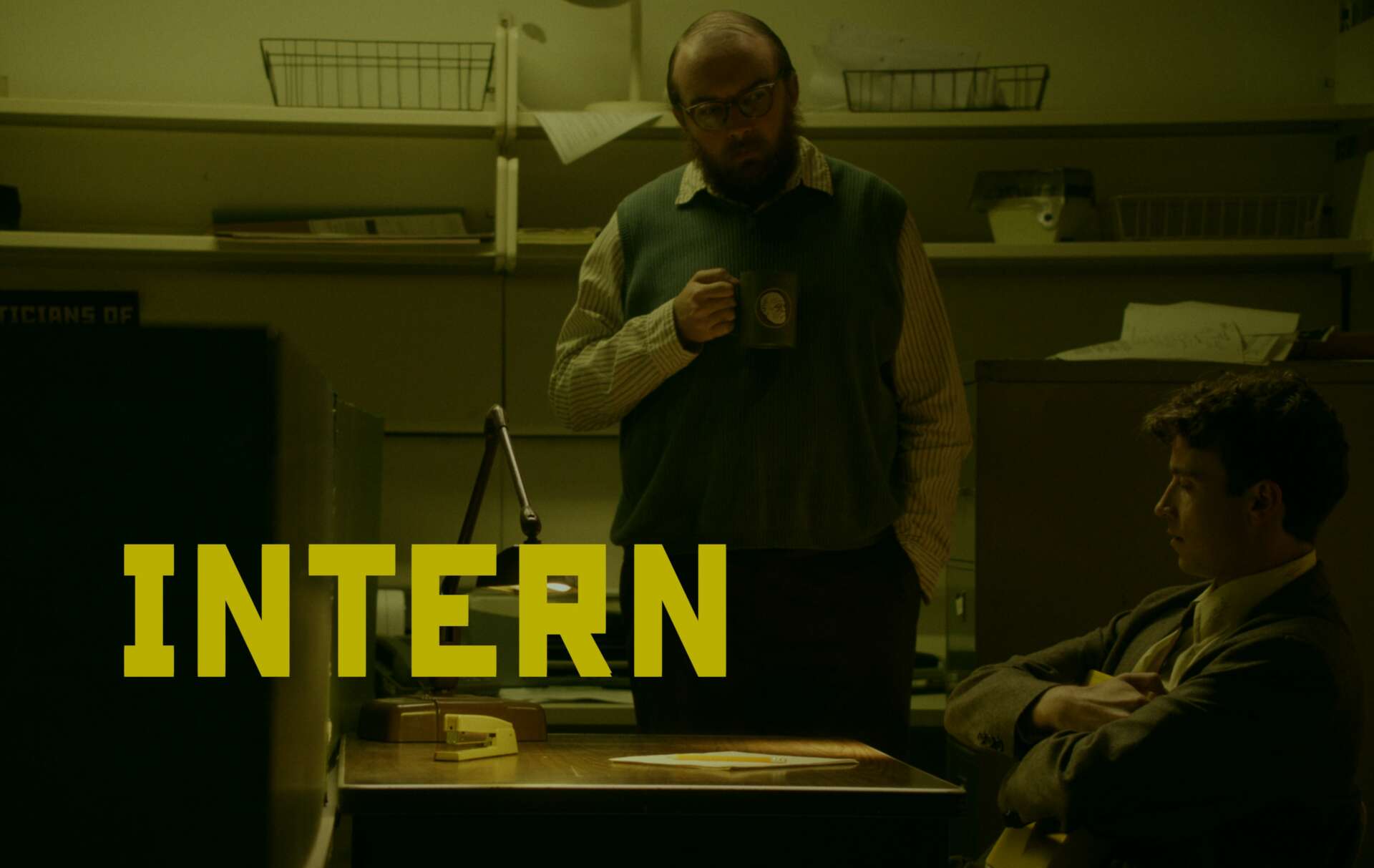
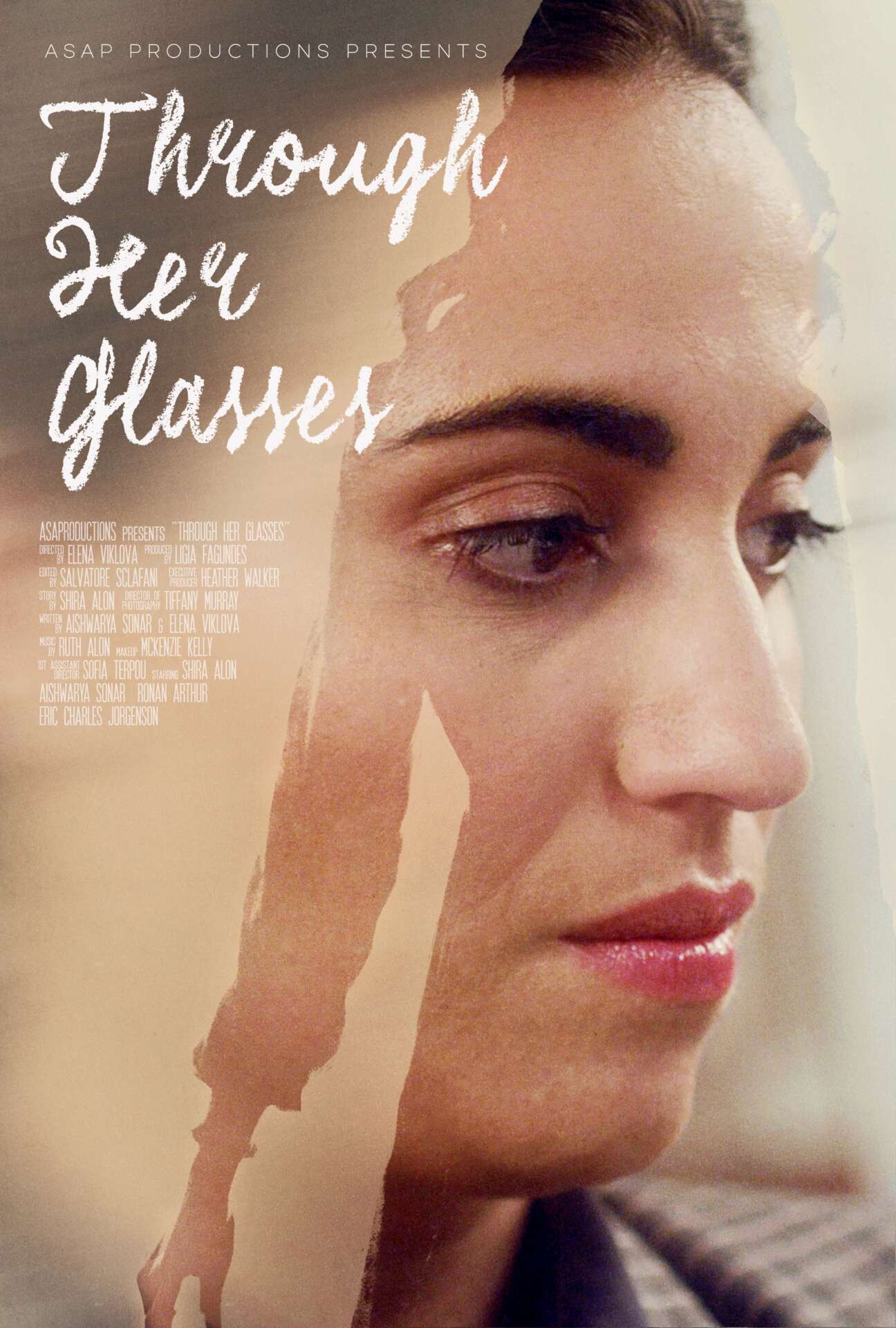
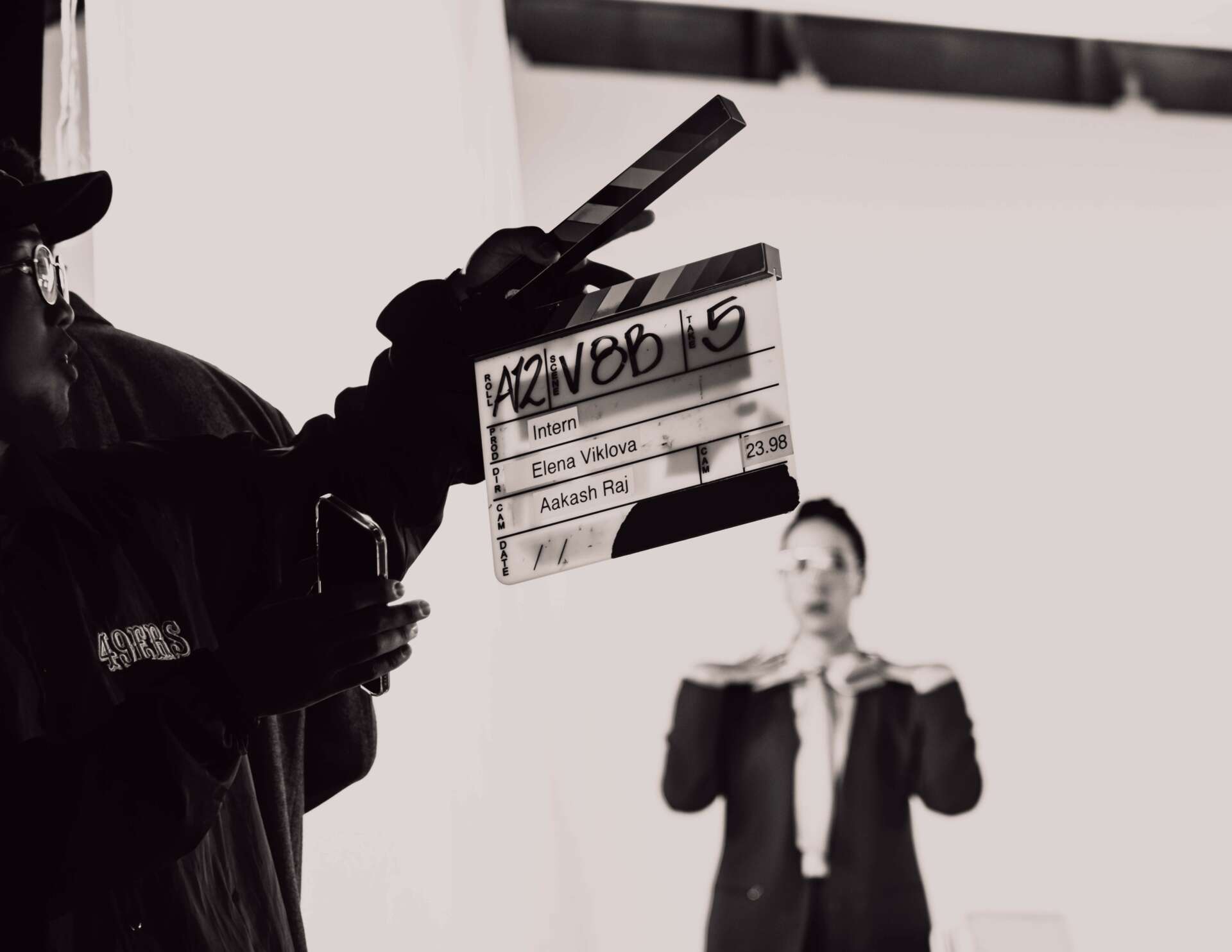
Great, appreciate you sharing that with us. Before we ask you to share more of your insights, can you take a moment to introduce yourself and how you got to where you are today to our readers
As I mentioned, many believe that I went through a dramatic change in my life, while I think I’ve always been a storyteller. If you think about it, business management is a kind of storytelling but done with numbers. As a filmmaker, I continue telling stories in a more conventional, visual language. So first things first, I went back to school, a film school this time, to learn that language. As I was about to direct my first short film, COVID hit, and the world went to… lockdown! Speaking of time, one could say it was the worst time ever to start a new career. But I guess that’s exactly what sets me apart from others – commitment and resilience. I made a few tweaks to my script, spent hours detailing my notes, and reached out to the film’s producer, Sofia Terpou, to announce that it’s gonna be a screenlife film (a genre that involves telling a story entirely through a character’s computer screen) and that we’re gonna film it remotely. I am blessed to be surrounded by people willing to take risks and explore even the most unconventional ideas and techniques. Together with Sofia and 12 actors located in 4 different countries, we created my debut short film, “Infodemic.” Regardless of its unique format, the film turned out to be very relatable and resonated with its audience during the pandemic.
Since then, I have directed several award-winning films and commercial works. Each project has allowed me to explore different genres and storytelling techniques but also to learn something new about the industry: “Dictionary” introduced me to the world of Oscar-qualifying festivals when it got selected by LA Shorts and Flickers’ Rhode Island; “Through Her Glasses” became my first experience with streamings when it got distributed by Disney+ Hotstar, MFX Player and others. One of my biggest motivational drivers is seeking those “first times,” learning something new and trying something different. So with my latest short film, “Intern,” I am going through that first exciting experience of transforming it into a feature film.
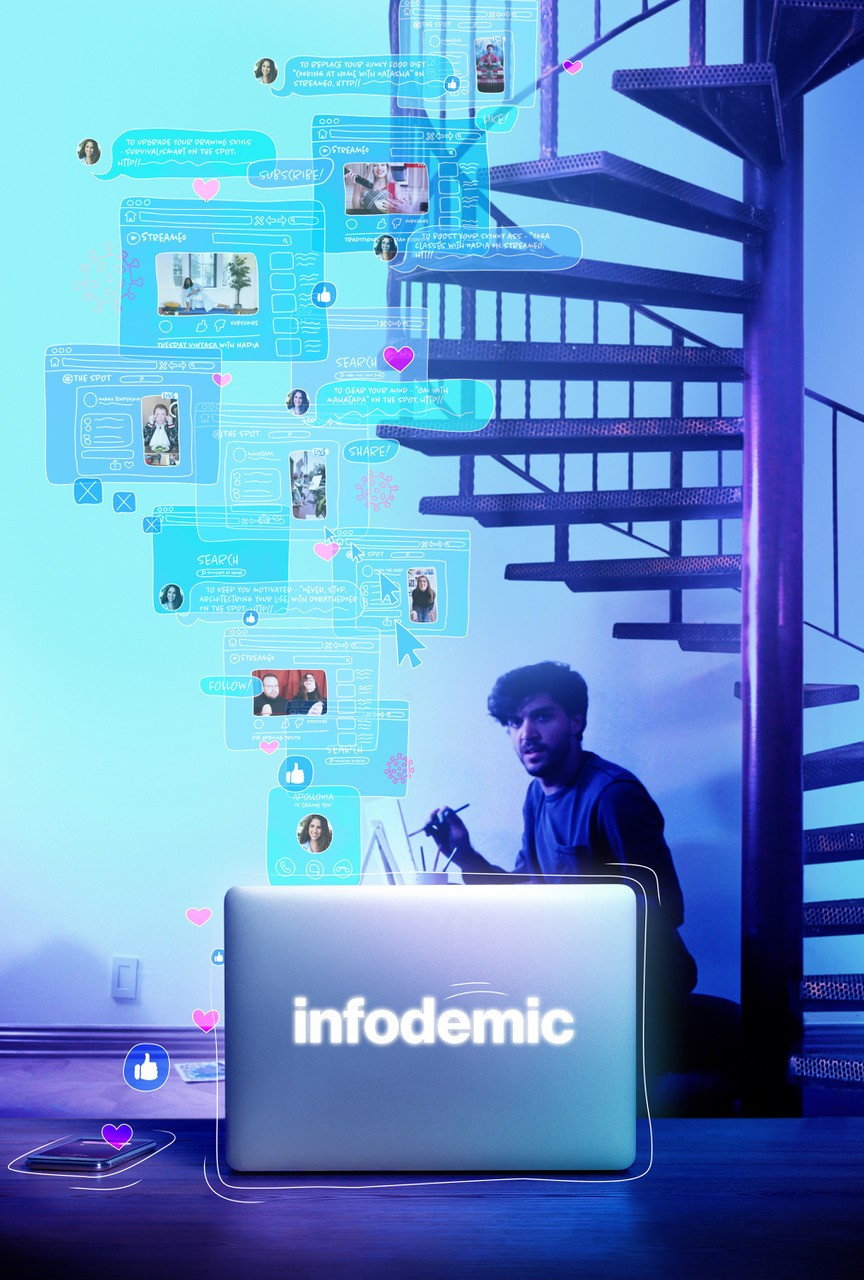
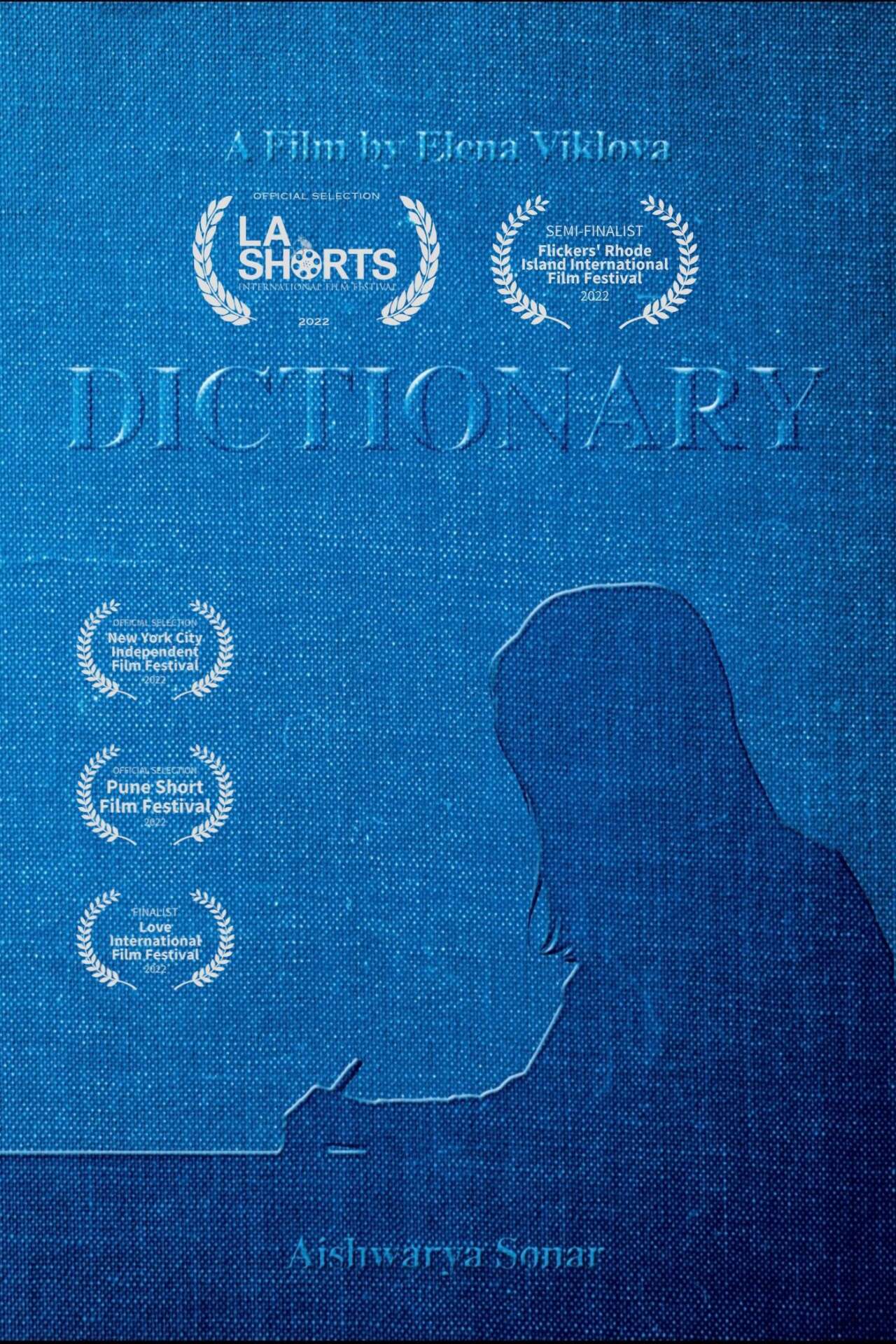
We often hear about learning lessons – but just as important is unlearning lessons. Have you ever had to unlearn a lesson?
Having transitioned from the corporate world to the film industry, I had to unlearn a particular mindset that had served me well in the past: the belief that the result is all that matters. In business, success is always measured by achieving a specific, quantifiable outcome. In the creative domain, things work differently. How should you quantify a successful film? By the number of awards? Or the number of tickets sold? It happens all the time when a critically acclaimed film becomes a box-office bomb or the other way around. (Any film producer would immediately interrupt me here and say that film is a product like any other one, and its success can be easily measured by this and that metric. But I am talking from the artistic perspective!) As a director, you are always asked to provide a personal statement on your film or specify what message you want to convey with it. Indeed this is the primary focus of every director! But the truth is that we do not have ultimate control over our viewers’ perceptions. We take a theme and explore it ourselves, and the best we can do is to provide our audience with sufficient substance to self-reflect and find their own answers.
For you, what’s the most rewarding aspect of being a creative?
The process itself. The process of exploring complex themes and ideas, being open about your own emotions and beliefs, learning from others, and getting as close to seeing someone else’s perspective on this world as possible.
Contact Info:
- Website: www.iamoutoftheoffice.com
- Instagram: @el.vikl
- Other: IMDb: www.imdb.me/elenaviklova


